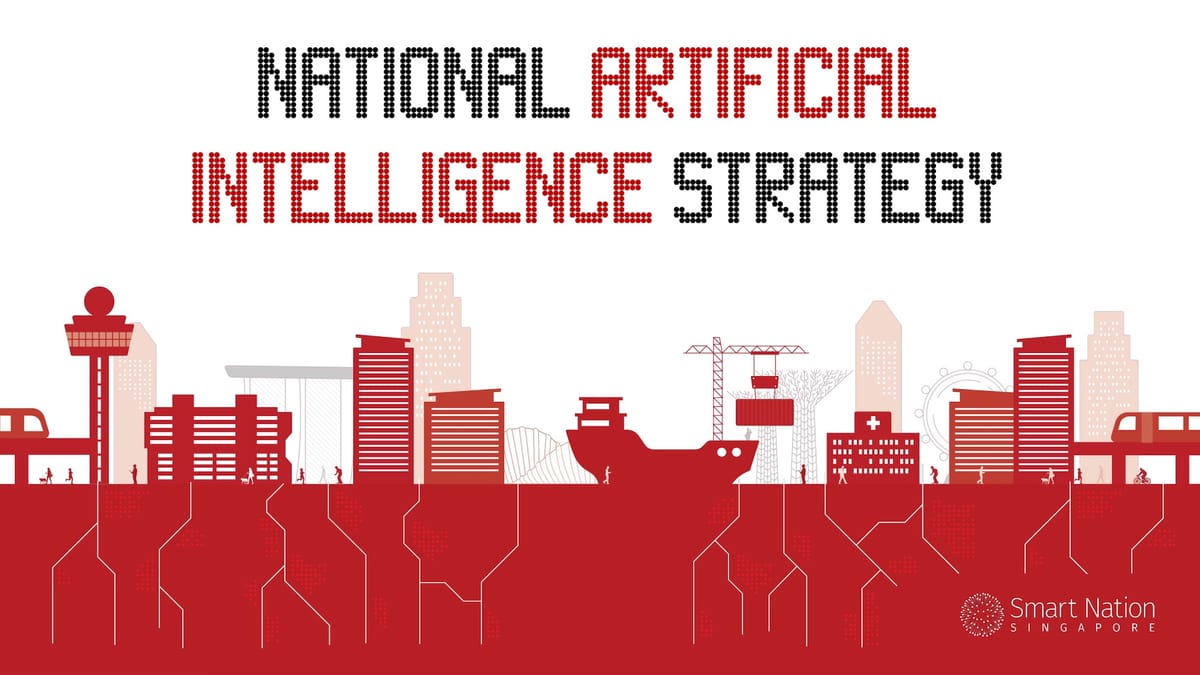
- Introduction to the ASEAN region (related to Vietnam as a member of ASEAN)
ASEAN: refers to the Association of Southeast Asian Nations. It is a political and economic union of 10 member states in Southeast Asia, which promotes intergovernmental cooperation and facilitates economic, political, security, military, educational, and sociocultural integration between its members and countries in the Asia-Pacific.
ASEAN Member States: Brunei, Cambodia, Indonesia, Laos, Malaysia, Myanmar, the Philippines, Singapore, Thailand, and Vietnam
Populations: 671.7 million people (ASEAN STATISTICAL YEARBOOK 2023)
GDP: 3,622 billion $
Territory: 4.5 million km2
[2 February 2024] ASEAN launches AI governance guide: ASEAN published its initial guide for AI governance following the 4th ASEAN Digital Ministers' meeting in Singapore.
- Latest ASEAN guidelines on AI Governance and Ethics
- Các tài liệu hướng dẫn mới nhất của ASEAN về Quản trị và Đạo đức trong trí tuệ nhân tạo
Aim: This document serves as a practical guide for organizations in the region seeking to design, develop, and deploy conventional AI technologies in commercial and non-military or dual-use applications. The guide focuses on promoting alignment within ASEAN and encouraging the interoperability of AI frameworks across jurisdictions. It also provides recommendations for national-level and regional-level initiatives that governments in the region can consider implementing to responsibly design, develop, and deploy AI systems.
7 Guiding Principles for the Framework: Transparency and explainability, Fairness and Equity, Security and Safety, Robustness and Reliability, Human-centricity, Privacy and Data Governance, Accountability and Integrity.
4 Key Components:
- Internal governance structures and measures
- Determining the level of human involvement in AI-augmented decision-making
- Operations management
- Stakeholder interaction and communication
Some cases of organizations operating in ASEAN that have implemented AI governance measures in AI design, development, and deployment: Gojek, Aboitiz Group, UCARE.AI, EY, Smart Nation Group (SNG) in Singapore, and the Ministry of Education in Singapore.
- Impact on Vietnamese businesses
Despite being only a guideline and with ASEAN member countries yet to have specific laws on AI governance, it serves as a practical tool for organizations and government agencies in the region looking to design, develop, and implement AI technologies. This also reflects the region's overall and individual countries' interest in effectively managing AI and their positive response to global AI governance laws.
- Why build a Responsible AI Framework and AI Governance Principles? How can Humane AI Asia help?
- Tại sao cần xây dựng một Khung trí tuệ nhân tạo có trách nhiệm và các Nguyên tắc Quản trị AI? Humane AI Asia có thể hỗ trợ như thế nào?
Building a Responsible AI Framework and AI Governance Principles is crucial for several reasons:
- Ensuring Safety and Ethics: AI governance establishes frameworks, rules, and standards to ensure that AI tools and systems are safe and ethical. It addresses risks such as bias, privacy infringement, and misuse while fostering innovation and trust.
- Addressing Human Biases and Errors: Since AI is created and maintained by humans, it is susceptible to human biases and errors. Governance provides a structured approach to mitigate these risks, ensuring that machine learning algorithms are monitored, evaluated, and updated to prevent flawed or harmful decisions.
- Developing and Using AI Responsibly: Responsible and ethical development and use of AI solutions are essential to address risks such as bias, discrimination, and harm to individuals. Governance ensures sound AI policy, regulation, data governance, and well-maintained datasets to address these risks.
- Compliance, Trust, and Efficiency: AI governance is essential for reaching a state of compliance, trust, and efficiency in developing and applying AI technologies. It balances technological innovation with safety, ensuring that AI systems do not violate human dignity or rights.
- Transparent Decision-Making and Explainability: Transparent decision-making and explainability are critical for ensuring AI systems are used responsibly. Understanding how AI systems make decisions holds them accountable for their actions and ensures fairness and ethics.
- Sustaining Ethical Standards Over Time: AI governance is not just about ensuring one-time compliance but also about sustaining ethical standards over time. It ensures that AI models maintain their quality and reliability, safeguarding against financial, legal, and reputational damage while promoting responsible growth.
Below are some specific services that Humane AI Asia can provide to customers:
- Helping customers evaluate the potential impact of AI on their businesses and customers
- Develop a Responsible AI strategy that aligns with your client's business goals
- Advise on AI-related regulatory requirements in ASEAN and Vietnam
- Develop safe, secure, transparent, and responsible AI systems
- Deploy AI solutions that help customers comply with regulatory requirements
- Provides tools and resources to help customers manage AI risks
- Provide Responsible AI training to customers' employees
- Raise awareness of ethical issues related to AI
- Promote a Responsible AI culture in businesses
For more information about Humane AI Asia, please visit:
Fanpage: Humane-AI Asia
LinkedIn: https://www.linkedin.com/company/humane-ai-asia/
Website: https://www.humane-ai.asia/
Email: info@humane-ai.asia